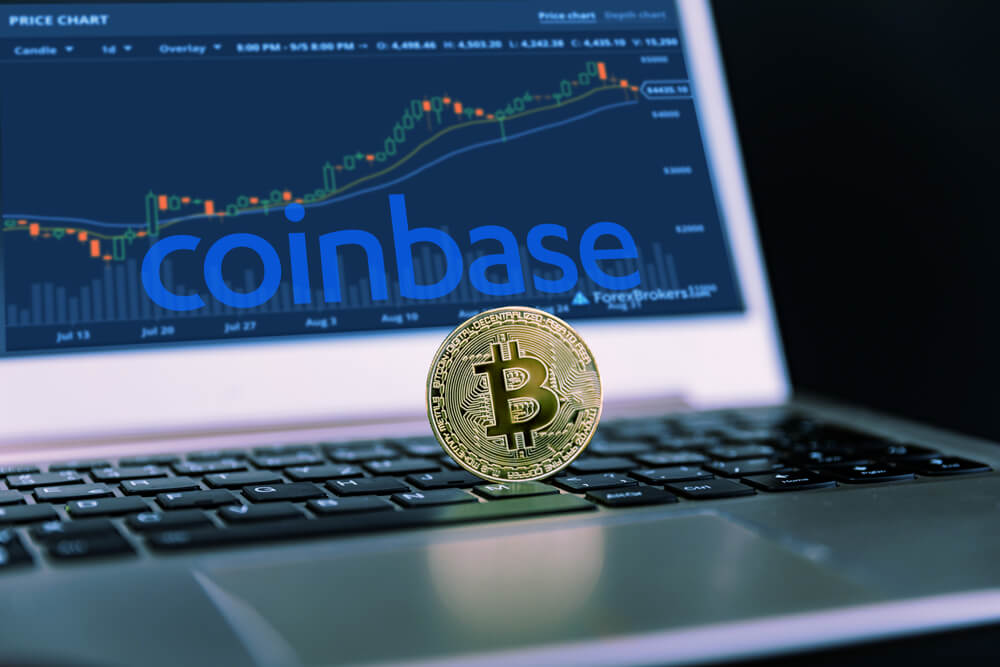Nikhil Wahi, the brother of a former Coinbase product manager, has agreed to pay the cryptocurrency exchange approximately $470,000.
This restitution payment is for his involvement in an insider trading scheme at Coinbase. This case is believed to be the first insider trading case involving cryptocurrency.
According to a court filing made public on April 10, Nikhil will be required to begin making restitution payments while serving time in prison.
The payment must be made in full within 20 years of Nikhil’s release from prison and represents the amount Coinbase spent on legal services relating to the Department of Justice’s investigation.
Nikhil’s brother, Ishan Wahi, allegedly shared confidential information with Nikhil and an associate, Sameer Ramani, about the exchange’s plans to list new cryptocurrencies.
The trio was sued by the Securities and Exchange Commission (SEC) for violating anti-fraud provisions of U.S. securities laws in a separate civil case. Coinbase defended the brothers and Ramani in a March 13 amicus brief, stating that it condemns the defendants’ conduct but supports a motion to dismiss the case.
Coinbase argued that the SEC had no jurisdiction to file a lawsuit because the tokens in question do not pass the Howey Test, which evaluates whether an asset is a security.
In September 2022, Nikhil pleaded guilty to initiating trades based on confidential information obtained from his brother and was sentenced to 10 months in prison for wire fraud conspiracy charges. He was also required to forfeit the $892,500 in profit he made from the trades to the United States government.
As of the court filing on April 6, Nikhil is serving his sentence. However, he is in “good faith discussions” with the SEC to resolve the agency’s claims. In a separate agreement, Ishan has also reached an “agreement in principle” with the SEC to resolve its claims against him.
Insider trading is a serious offense, regardless of the asset being traded. It erodes public trust in financial markets and can result in significant financial losses for individuals who are not privy to non-public information.
This case is a reminder that those who engage in insider trading will face consequences, including jail time and the requirement to pay restitution.
Furthermore, it highlights the importance of companies implementing robust compliance and security measures to prevent insider trading.
While it may be impossible to prevent all insider trading, companies can take steps to minimize the risk, including educating employees on insider trading regulations, monitoring employee activity, and implementing strict access controls to sensitive information.
Coinbase $470k Settlement
In conclusion, Nikhil Wahi’s case demonstrates that insider trading in cryptocurrency is not immune from the law. The consequences of engaging in insider trading are severe, and companies must take steps to minimize the risk of insider trading occurring in the first place.
